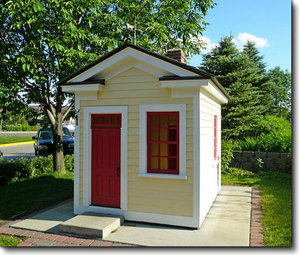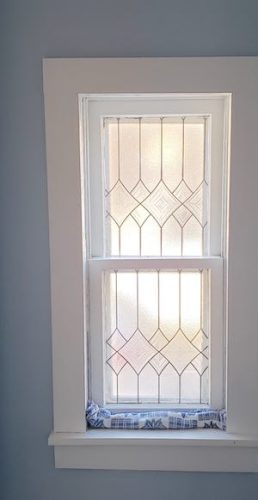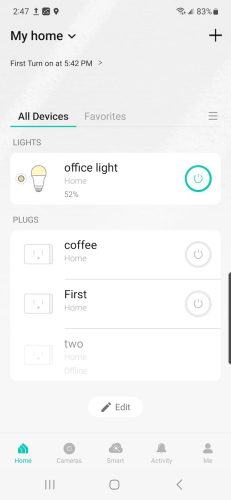 I encourage home buyers to ask for a complete home inspection. For the last couple of years, buyers were skipping the inspections to make their offers more competitive.
I encourage home buyers to ask for a complete home inspection. For the last couple of years, buyers were skipping the inspections to make their offers more competitive.
This year buyers are asking for inspections and some are asking for repairs. Some of the repair requests are kind of silly and they seem to just irritate the homeowner. Especially in cases where the buyer knew about the need for repair when they made the offer.
Inexperienced real estate agents can mess things up by asking that a licensed professional adjust a door or caulk a window.
No licensure is needed for caulking or door repair or for many of the household tasks and repairs that buyers ask for.
A real estate agent is a licensed professional.
I something is leaking or not working asking for a repair makes sense. Some of the repairs that buyers ask for are upgrades, improvements, or home maintenance items that a well-meaning inspector is suggesting.
Sellers who wish to sell without making any repairs should put in writing that they will not be making repairs. The language can be put in the MLS so that buyers see it on the internet before they even see the house.
Home buyers should understand that sellers can say no to repairs and sometimes it really is easier and less expensive to put the house back on the market and sell it to someone else than it is to have the repairs made.




